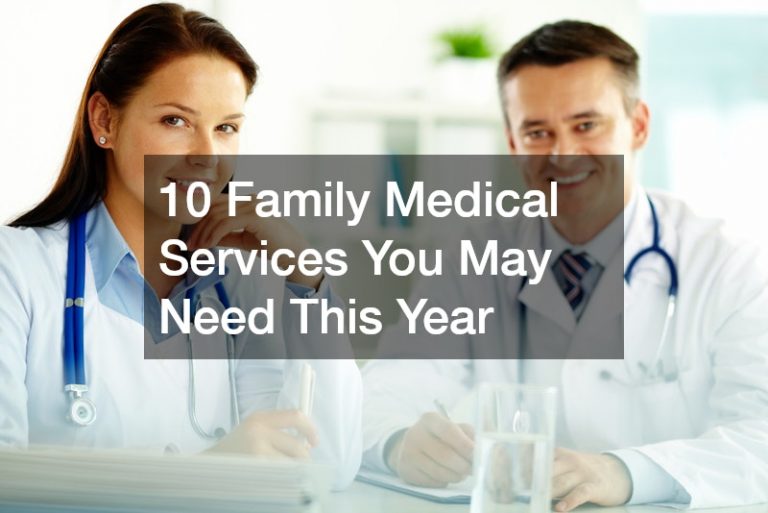- Understanding heart disease and promoting a healthy lifestyle is critical in caring for affected loved ones.
- Emotional support, helping with daily tasks, and offering transportation are forms of necessary assistance.
- Understanding and managing prescribed medications while observing for any symptom changes aids in health management.
- Learning CPR and having an emergency plan in place can potentially save lives.
Heart disease is a condition that affects millions of people worldwide. It is a chronic and progressive disease that can lead to severe complications and even death. If you have a loved one who has been diagnosed with heart disease, you know how challenging it can be to care for them. This blog will discuss essential tips to help you care for your loved one with heart disease. These tips will help you provide the best care possible for your loved one and ensure their well-being.
Understand Your Loved One’s Condition
The first step to caring for a loved one with heart disease is to understand their condition. Learn about the different types of heart disease, the symptoms, causes, and treatments. This will help you better understand what your loved one is going through and how to support them. Talk to your loved one’s doctor and ask questions so you can gain a better understanding of their condition.
Encourage a Healthy Lifestyle
Living a healthy lifestyle is essential for everyone, but especially for those with heart disease. You need to encourage your loved one to live a healthier life by doing the following four things:
Eat a healthy diet.
Eating a heart-healthy diet is crucial for managing heart disease. Encourage your loved one to eat more fruits, vegetables, whole grains, and lean proteins while limiting their intake of saturated and trans fats, sodium, and added sugars.
Exercise regularly.
Physical activity is essential for maintaining a healthy heart. Encourage your loved one to engage in regular exercise that is suitable for their age and physical condition. This can include walking, swimming, biking, or other low-impact activities.
Quit smoking.
If your loved one is a smoker, encourage them to quit. Smoking significantly increases the risk of heart disease and can worsen existing conditions. Offer support in finding resources and assistance to help them quit smoking.
Manage stress.
Stress can have a significant impact on heart health. Encourage your loved one to find healthy ways to manage stress levels, such as practicing relaxation techniques or participating in activities they enjoy.
Encouraging a healthy lifestyle will not only benefit your loved one’s heart health but will also improve their overall well-being.
Be Supportive
Caring for a loved one with heart disease can be challenging, and it’s essential to be supportive. Offer emotional support, help with daily tasks, and provide transportation to appointments or tests. Listen to their concerns and offer reassurance.
Sometimes, just being there to lend a helping hand can make all the difference. You can also connect your loved one with support groups for people with heart disease. These groups can provide valuable emotional support and helpful tips for managing the condition.
Understand the Medications

Your loved one may be on several medications to manage their heart disease. It’s essential to understand what each medication does, how it should be taken, and any possible side effects. Make a list of all the medications they are taking and review it with their doctor or pharmacist if you have any questions. Ensure that your loved one takes their medications as prescribed to manage their condition. You can also help them keep track of their medications and refill prescriptions as needed.
Monitor Symptoms
Symptoms of heart disease can vary from person to person, and it’s essential to be aware of any changes in your loved one’s condition. Be observant of any symptoms they may be experiencing, and report them to their doctor immediately. You should also monitor your loved one’s blood pressure and heart rate regularly if their doctor has prescribed this.
Learn CPR

In case of a medical emergency, knowing CPR can be life-saving. Take a CPR course to learn how to perform this critical skill in the event your loved one experiences a heart attack or other serious complications related to their heart disease. It’s also essential to have an emergency plan in place for any potential emergencies.
Caring for a loved one with heart disease can be an emotional and challenging journey, but if equipped with the proper knowledge and resources, you can provide the support they need. Remember, you’re not alone in this journey; contact healthcare professionals and support groups for advice and assistance. By understanding their condition, promoting a healthy lifestyle, being supportive, understanding their medications, monitoring symptoms, and learning CPR, you can help ensure their well-being and comfort.






